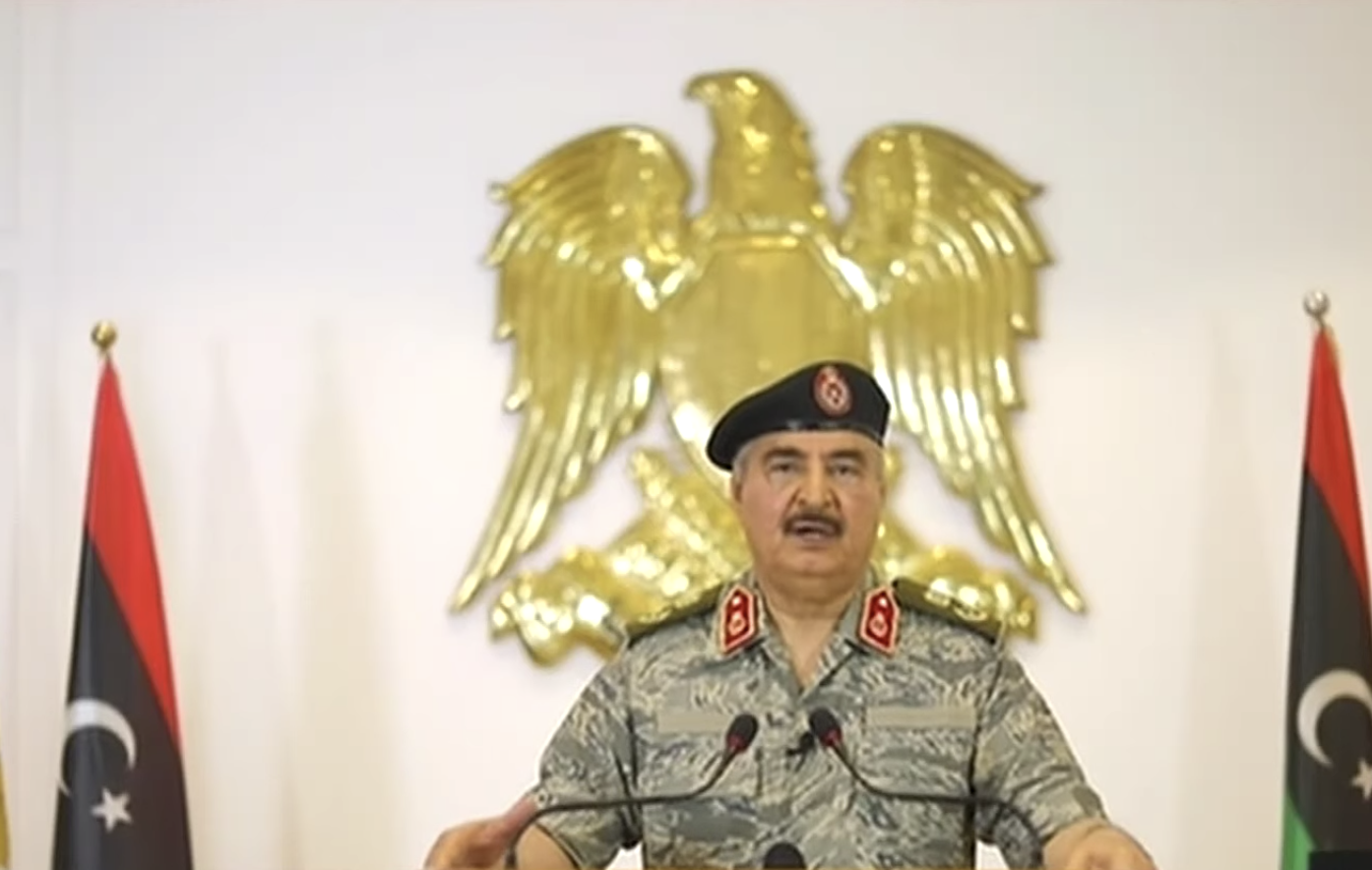Sudan’s women pursue soccer dream, challenging conservatives
OMDURMAN, SUDAN: All her life, Elham Balatone wanted to play soccer — like her brothers, like the boys on her street. But in the Sudan where she grew up, women could be flogged for wearing pants, let alone soccer shorts. She heard all the reasons why she had to give up her dream. It’s a Muslim country; the uniform is inappropriate; the sport was meant for men.
She played anyway, wearing pants or putting on leggings underneath shorts.
“There’s nothing in this world that I love more than soccer. Please let me play,” she says she told her family. For years, she and other women played largely in the shadows, sometimes on dirt pitches they cleaned themselves, often bouncing from one spot to another. The women finally took center stage when the world watched them play at a Khartoum stadium as the youth and sports minister and others celebrated Sudan’s new, officially recognized women’s soccer league. Balatone even had her family’s blessings. But it is more than just a game. The women’s league became a field of contention as Sudan grapples with the transition from three decades of authoritarian rule that disenfranchised women in particular.
Transitional authorities have taken some steps to roll back the legacy of ousted President Omar Bashir. In November, they overturned a notorious “public order” law that the prime minister said had been used as a “tool of exploitation, humiliation,” resulting in “atrocities” against women and youth. Rights defenders call it a step in the right direction, but say the fight is far from over.
Some ultraconservatives, however, have been pushing back. Preacher AbdulHay Yousif and others have painted soccer as part of a battle for Sudan’s identity.
“What religion, what Shariah, what manhood would allow a Muslim woman to appear before men … with her arms, legs and some of her thighs exposed and then run before them,” Yousif told worshippers in October, shortly after the league, made up of 20 teams, started.
“By God, these people have not come … for economic development or social prosperity or scientific elevation. They have come to destroy religion and morals.”
He also denounced the youth and sports minister, a woman, saying she “doesn’t believe in what we believe in” and is a follower of “an apostate” — comments that sparked a legal battle between him and the minister.
Critics argue some conservatives are using an old playbook in Sudan: Weaponizing stringent religious views to target political opponents, control women and thwart change.
“Clearly this is part of an effort by Yousif to undermine the new government by stimulating a ‘moral panic’ regarding the subversion of gender roles. Partly it’s about his religious views, but it is predominantly a patriarchal form of gender politics,” said Willow Berridge, a lecturer in history at Newcastle University who has written about Sudanese extremists. Yousif and his supporters “tend to occupy the most uncompromising end of the religious spectrum in Sudan.”

More than 20 dead, many displaced after violence in Sudan’s West Darfur



